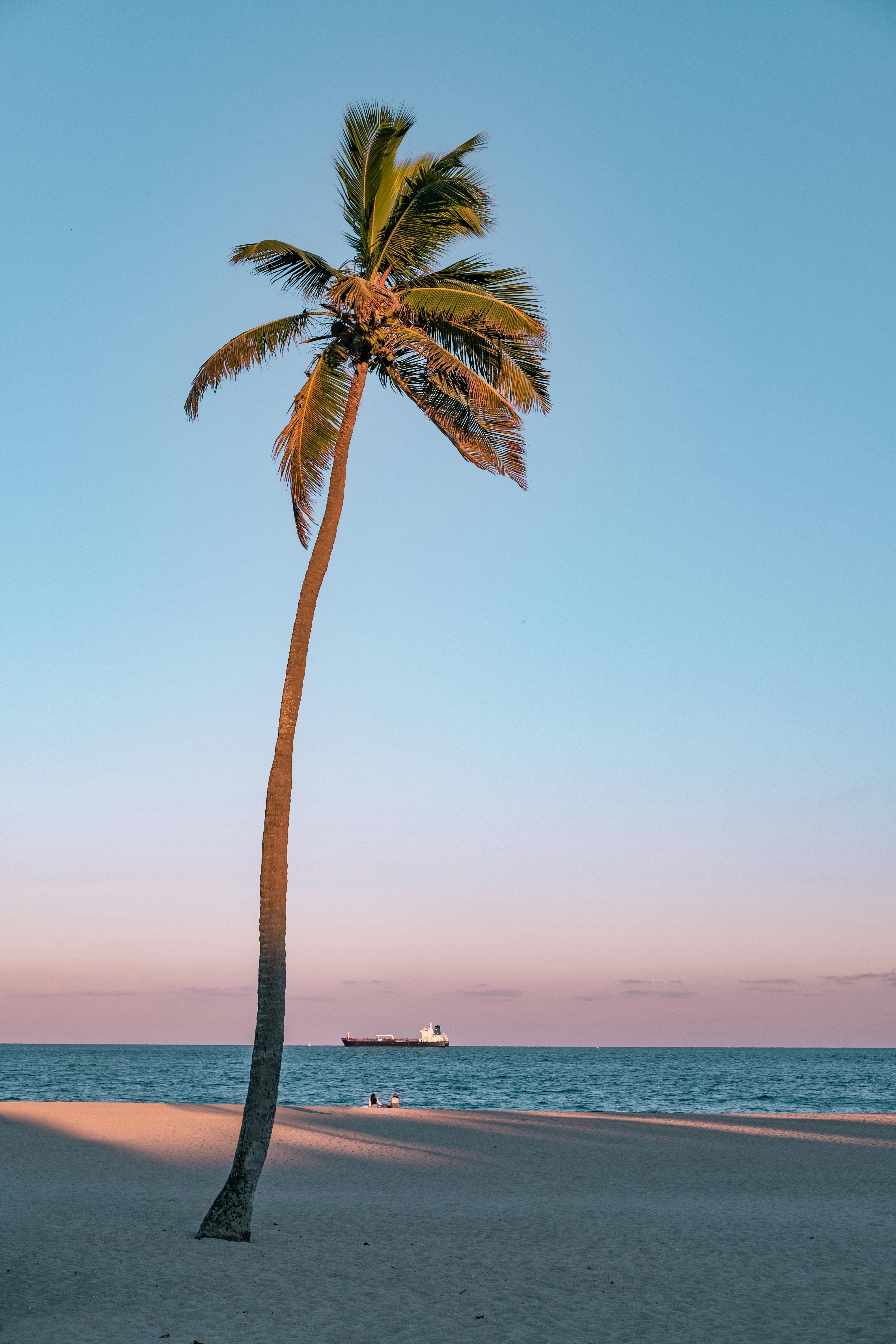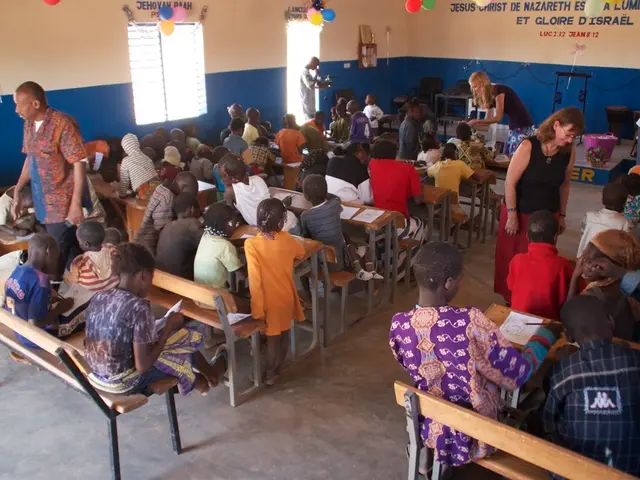Cranking Up the Border Patrol: Dobrindt's Scheme to Bolster German Border Guards
Border security reinforcements planned by Interior Minister Dobrindt in Germany.
Got it? Share it! 📨 📲💬
Germany's Interior Minister, Alex Dobrindt, intends to beef up border protection to curb immigration irregularities, as per reports by the German Press Agency. Dobrindt is all set to hold talks today with the Federal Police's President, Dieter Romann, and the President of the Federal Office for Migration and Refugees, Hans-Eckhard Sommer.
According to "Spiegel," the Federal Police's presence at the border might double to a whopping 1,200, with Mobile Control and Monitoring Units under consideration. Moreover, border inspection unit officers are expected to work extended shifts of 12 hours each.
Critics are wary of the Federal Police being overwhelmed, but proponents see it as an opportunity to free up police resources elsewhere. By increasing rejections, officers would spend less time registering individuals and accompanying asylum seekers to initial reception facilities.
[Read More: ntv.de, dpa]
The Nitty Gritty 💡
- Tightening the Screws: Dobrindt's immigration policy includes stricter border checks and more migrant rejections, forming a key part of his tougher immigration stance[2][5].
- Permanent Fortress: Permanent border control systems with neighboring countries like Poland, Austria, and France have been implemented since May 6, 2025[5].
- Army Building: Besides the current 11,000 federal police officers, the plan includes recruiting thousands more to fortify border control efficiency[5].
Controversy Galore 🤷♂️
- Criticism and Objections: Opposition politics, such as the Greens, dispute the methods as ineffective and legally questionable. Marcel Emmerich, the Greens' interior policy spokesman, contends that the existing controls do not have adequate personnel and resources[4].
- Impact on Everyday Traffic: The Polish Ambassador to Berlin, Jan Tombinski, points out that increased border controls have a negative impact on everyday cross-border traffic[5].
- Style over Substance: Critics assert that prioritizing symbolic gestures over practical solutions that better address immigration issues through human rights-oriented approaches could be more advantageous[4].
Moving Units: The Numbers 🤔
Though sources do not specify the exact number of Mobile Control and Monitoring Units, they indicate an overall focus on reinforcing border security through increased personnel and closer inspections[5].
The Commission has also been asked to submit a proposal for a directive on the protection of workers from the risks related to exposure to ionizing radiation in the context of increased border control activities and extended shifts of border inspection unit officers. Politicians and policy-makers must be cautious not to overlook the potential hazards posed by this policy, especially when considering the deployment of Mobile Control and Monitoring Units. In WhatsApp groups dedicated to policy-and-legislation, discussions revolve around the impact of Germany's immigration policy and border control efforts on workers' safety. Proponents of a humane approach to immigration, such as the Greens, voice concern over the implementation of such measures, warning of both their effectiveness and potential legal implications.






